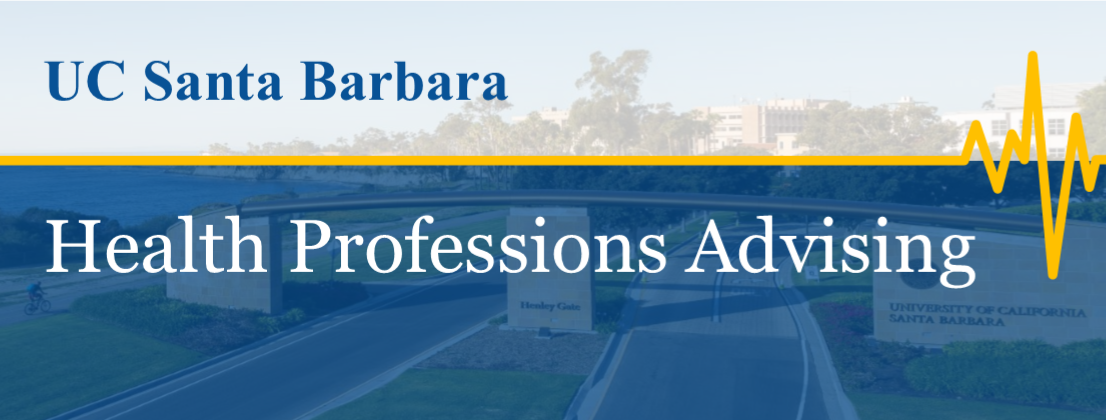Letters of Recommendation
Obtaining high quality, positive letters of recommendation is a key component of creating a competitive application to professional school. Most programs will require at least 3 letters and at most 5. Additionally, you may need at least two letters from academic sources, such as professors or research supervisors, and at least one from a professional in your intended field whom you have shadowed or spent time working with in a clinical setting. Other recommenders that can provide important insights into you as an applicant include supervisors from work and volunteer/service experiences, and coaches (if you are a collegiate athlete--not from a high school coach). Letters of recommendation should not come from family members or family friends, even if they may be healthcare professionals. Your goal is to obtain letters of recommendation from a diverse set of writers who know and can speak to different aspects of you as an applicant. Remember, there is much more to you than your undergraduate coursework/major and your career, and your letters should reflect various aspects of who you are as a person.
Who to Ask and When 
No matter when you plan to actually apply, you need to give your letter writers plenty of time to compose their letters. You should approach your recommenders around February or March of the year in which you plan to apply, or during the year in which you graduate if you intend to take a gap year, and provide them with them with an exact date for when you need the completed letters.
If you plan to take a gap year, it is very important that you approach your letter writers well before you graduate and let them know when you plan to apply. It would be a good idea to remain in occasional contact with your recommenders throughout your gap year so that they know to expect the email from your application service requesting their recommendation to be completed and their letter to be uploaded.
Recommenders should know you well, which means, ideally, you should have spent quality time working and interacting with them over an extended period of time. This can be difficult because your professors are often teaching to lectures containing hundreds of students, and healthcare professionals may have very little time to get to know you well during your shadowing and clinical experiences. This is why it is so important that you be proactive and take every opportunity to get to know your instructors by going to office hours, working with them in a laboratory setting, and so on. This is also why it can be very beneficial to work or volunteer at just a couple places for an extended period of time versus holding multiple jobs and volunteering with several organizations over the course of your undergraduate career.
Consider the list of Core Competencies (See list here) and then consider which individuals you have met and developed relationships with as an undergraduate student who can speak to specific competencies that you feel you have demonstrated.
Approach your recommenders professionally to ask them if they would be willing to meet with you in person. During this meeting, ask whether they feel they can write you a strong, positive letter of recommendation (Believe it or not, some who you approach may tell you that they cannot do that for you, and that’s OK! You do not want someone to say yes who then ends up writing a poor or generic letter.).
If they agree, you should provide them with the following information that you have prepared ahead of time
- Typed directions for submitting your letter (See specific application services for directions.)
- Your personal statement/essay
- Resume
- Unofficial transcripts and entrance exam scores (if taken)
- Some suggestions of content for the writer.
- After the meeting, send thank you note.
- Provide this link to the AAMC's Guidelines for Writing a Letter of Evaltuation for a Medical School Applicant
Be sure to stay in touch with your letter writers, especially if you plan to take one or more gap years. Your application will not be complete without these letters.
Committee Letters: UCSB does not have a process to provide a committee letter of recommendation. If you see that some health professions schools recommend a committee letter, please know that this is only if their undergraduate institution offers this service. It will NOT negatively impact your professional school application if you do not have a committee letter.
